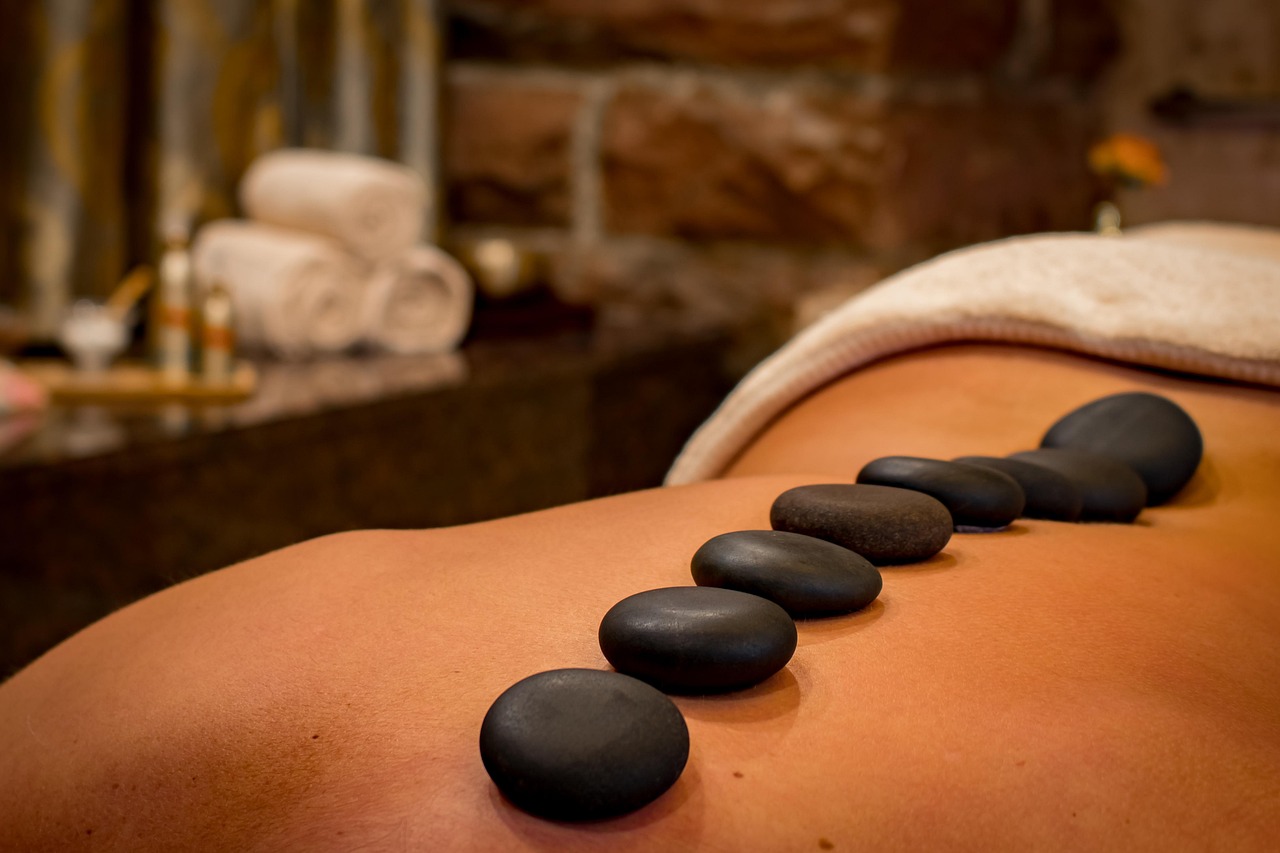Explore the reality behind widespread myths about pleasure, clarifying misconceptions to enhance your appreciation and pursuit of happiness.
Pleasure is a universally sought-after experience, yet it is often surrounded by misconceptions and myths that can skew our understanding and enjoyment of it. Debunking these common myths is crucial for developing a healthier, more balanced approach to pleasure. This exploration aims to clarify some of the most pervasive misunderstandings about pleasure, from the belief that it’s inherently selfish to the notion that pleasure must always be earned. By uncovering the truth, we can embrace a more informed and fulfilling pursuit of joy.
Common Myths about Pleasure Debunked: Uncovering the Truth
Myth 1: Pleasure Is Inherently Selfish
The Truth: Pleasure is often viewed as a selfish pursuit, but in reality, experiencing joy can have altruistic benefits. When we are happy, we are more likely to be kind, generous, and supportive to others. Pleasure enhances our well-being, which in turn can lead to more positive interactions with those around us.
Myth 2: Pleasure Must Be Earned
The Truth: While the idea that pleasure should be a reward for hard work is common, it’s important to recognize that pleasure is also a fundamental aspect of well-being that deserves a place in our daily lives. Denying oneself pleasure until “deserving” it can lead to burnout and diminish overall life satisfaction.
Myth 3: Pleasure Is the Same as Happiness
The Truth: Pleasure and happiness are related but distinct concepts. Pleasure is often momentary and linked to specific experiences or sensations, whereas happiness is a broader, more enduring state of being that arises from a sense of contentment and fulfillment in life.
Myth 4: More Pleasure Means More Happiness
The Truth: It’s easy to think that increasing the amount of pleasure in your life will directly increase your happiness. However, the relationship between pleasure and happiness is not linear. Overindulgence can lead to diminishing returns, and finding a balance is key to sustainable happiness.
Myth 5: Pleasure Should Always Feel Good
The Truth: Not all pleasurable experiences feel good in the moment. Activities like exercise or challenging hobbies may involve discomfort or effort but can lead to a deep sense of pleasure from accomplishment or personal growth.
Myth 6: Pleasure Is Unnecessary for a Good Life
The Truth: Some philosophies and personal belief systems may downplay the importance of pleasure, suggesting that it is frivolous or unnecessary. However, research shows that pleasure is a vital component of a good life, contributing to physical health, mental well-being, and overall life satisfaction.
Embracing a More Informed View of Pleasure
By debunking these common myths about pleasure, we open the door to a more balanced and nuanced understanding of how joy works and why it matters. Recognizing the real benefits and limitations of pleasure allows us to integrate it into our lives in healthy, meaningful ways.
FAQs
How can I incorporate pleasure without falling into these myths?
- Start by acknowledging pleasure as a valid and valuable part of life. Plan for both spontaneous and structured pleasures, and strive for a balance that feels sustainable and enriching.
Can debunking these myths change how I experience pleasure?
- Absolutely! Understanding the true nature of pleasure can enhance your ability to enjoy it without guilt or misconception, leading to a more fulfilling and balanced life.
Understanding and overcoming these common myths not only enriches your personal pursuit of pleasure but also fosters a healthier, more joyous community around you. Embrace the true nature of pleasure as a positive force in your life, and enjoy the benefits it brings to both yourself and those around you.


